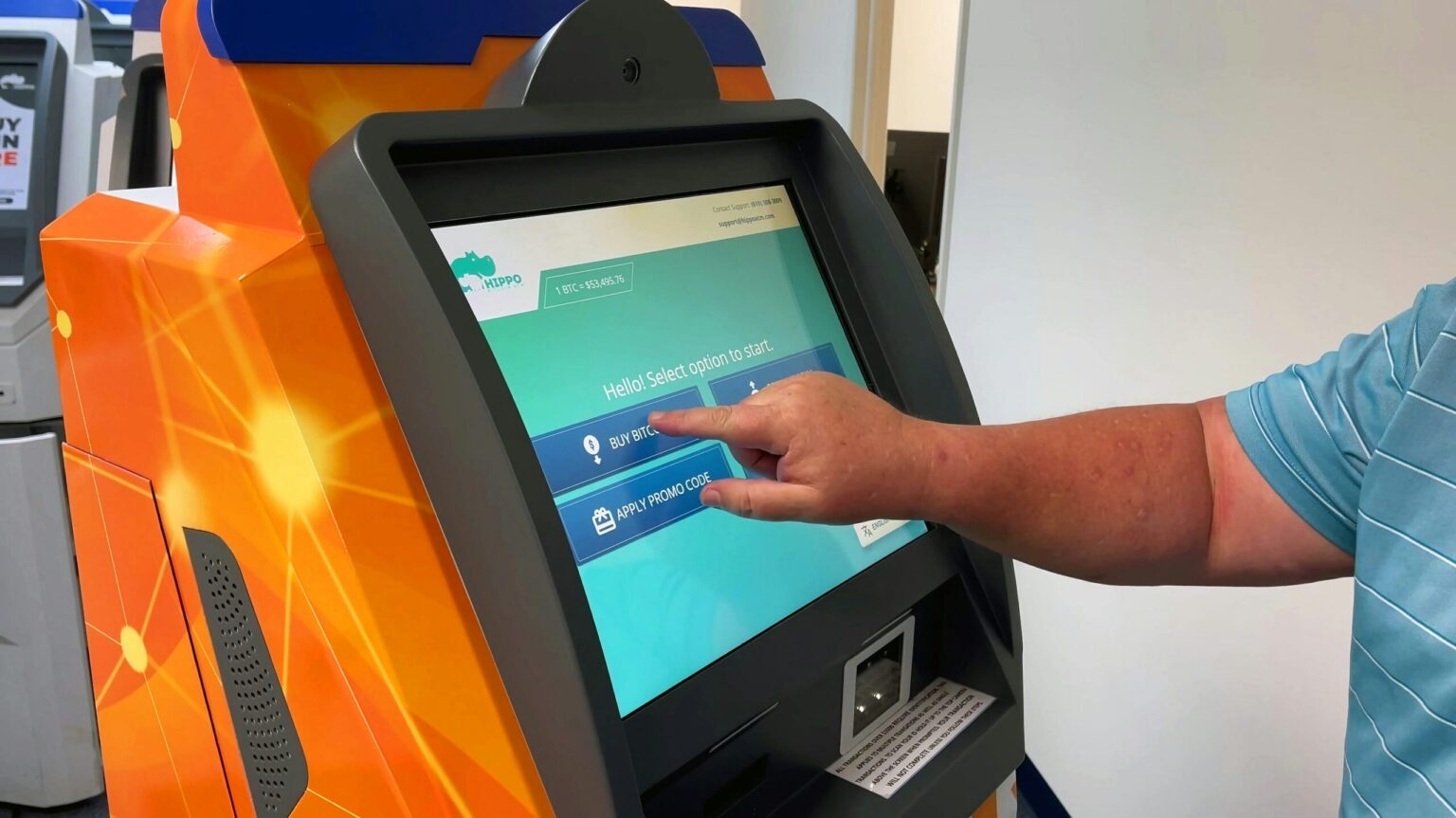In recent years, Arizona has become a hub for cryptocurrency innovation, drawing both enthusiasts and newcomers eager to explore the potential of digital currencies. However, this popularity has also attracted unscrupulous actors. Recognizing the risk, Arizona has implemented stringent measures to protect its residents, particularly older adults, from scams associated with cryptocurrency kiosks. These new regulations are designed to minimize fraud and offer protection to users, reflecting the state’s proactive approach in curbing financial deception.
Arizona Implements New Regulations to Combat Crypto ATM Scams
The enactment of this new law seeks to safeguard consumers against fraudulent activities that have resulted in significant financial losses. By introducing transaction limits and mandatory safety protocols at cryptocurrency kiosks, Arizona aims to reduce the state’s exposure to scams that have cost residents a staggering $177 million.
Understanding the New Regulatory Framework
Under the newly implemented guidelines, cryptocurrency kiosk operators are required to implement restrictions and safety checks to protect users. New customers are limited to $2,000 per transaction per day, while existing customers can transact up to $10,500. Crucially, these kiosks must display prominent warnings and require user acknowledgment of potential risks before any cash is converted into cryptocurrency. If a new user is deceived into utilizing a kiosk, operators must provide a full refund, inclusive of any fees, if the fraud is reported within 30 days. Receipt issuance is mandated for all transactions.
“`html
How Crypto Scams Are Perpetrated
Scammers commonly impersonate entities such as banks, government agencies, or relatives, prompting victims to rush to cryptocurrency kiosks and transfer cash into crypto wallets to address fabricated emergencies. Once funds are transferred, retrieval becomes exceedingly challenging. Reports indicate that older adults are disproportionately affected, suffering losses in the tens of thousands of dollars. These trends have underpinned the necessity for more stringent regulations.
“`
Leveraging Technology Against Fraud
To enhance the effectiveness of these regulations, the new law encourages the deployment of advanced anti-fraud tools, including blockchain analytics software capable of identifying suspicious wallet activities. Kiosk operators are expected to implement detection systems that raise alerts for questionable transactions before funds are disbursed. Oversight falls under the jurisdiction of the state’s Attorney General, who possesses the authority to conduct investigations and impose penalties on non-compliant operators.
“`html
Challenges in Enforcing Regulations
While the law stops short of prohibiting crypto ATMs, it introduces a robust regulatory framework. The success of this initiative hinges on diligent enforcement and compliance by operators. Consumer advocacy groups continue to advocate for stricter controls on high-value transactions, emphasizing the need for comprehensive protections, including for cases predating the law. Additionally, some law enforcement officials have called for expanded powers to freeze suspected wallet addresses, though such measures face both technical and legal obstacles.
“`
Editorial Integrity and Review Process
Our editorial team is dedicated to maintaining the highest standards of accuracy and impartiality, ensuring that each piece of content is thoroughly vetted by seasoned experts in the field of technology and finance. This rigorous review process upholds the integrity and relevance of our work, offering substantial value to our readers.
“`html
How can I protect myself from crypto scams?
To safeguard against cryptocurrency scams, always verify the legitimacy of any request for payment through a crypto ATM. Be cautious of unsolicited requests and rely on trusted sources for financial decisions. Utilize platforms like Finances Zippy for real-time insights and market trends to make informed choices.
Why are older adults more frequently targeted by crypto scams?
Older adults may be targeted due to perceived gaps in technological fluency, which scammers may exploit. Enhanced education and awareness are crucial in empowering this demographic to recognize and resist fraudulent schemes.
What measures can operators take to prevent fraud?
Operators can implement advanced blockchain analytics and real-time monitoring tools to detect and prevent suspicious activities. Regular staff training on identifying and handling potential fraud scenarios is also essential to enhancing the security of cryptocurrency kiosks.
Is there a way to recover funds lost to a crypto scam?
Recovering funds lost to crypto scams can be difficult, but immediate reporting of the incident increases the chances of restitution. Engaging with law enforcement and financial institutions quickly is critical for potential recovery and prevention of further losses.
“`
By instituting these measures, Arizona not only seeks to protect its residents from financial harm but also sets a precedent for other states to follow in regulating the rapidly evolving cryptocurrency landscape.

